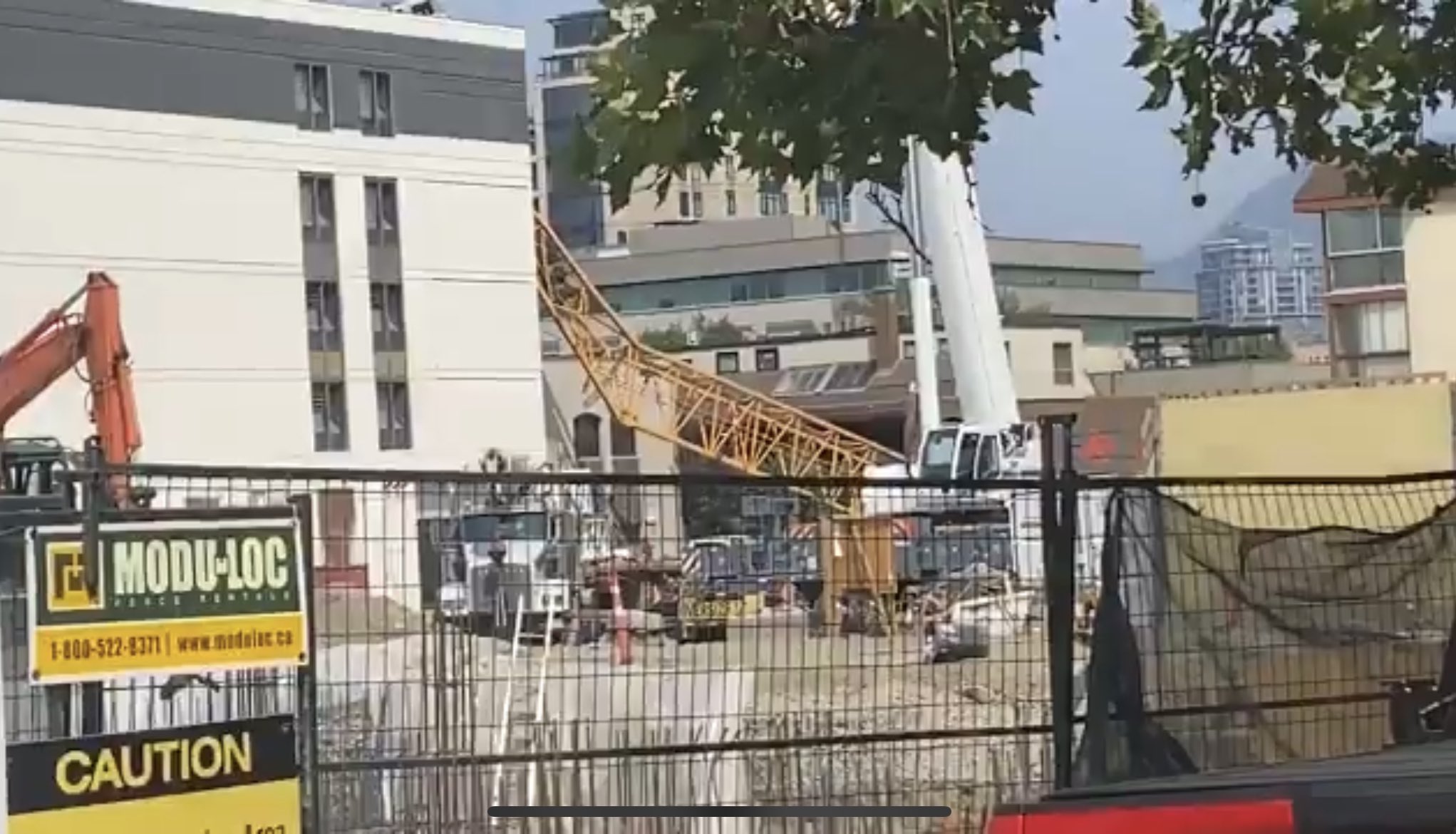Bilal Abdul Kader, president and founder of As Salam Mosque in downtown Montreal, said his mosque has been serving meals during the holy month of Ramadan for 15 years.
The Iftar dinner, where Muslims break the daily Ramadan fast, gives mosque members an opportunity to come together and share food with the wider community and those in need, he said in a recent interview.
Iftar “has a religious aspect, a social dimension and, of course, a personal meaning because when Muslims share their meals with someone else they receive the double reward of fasting themselves,” said Abdul Kader.
But this year, like last year, Iftar will be a takeaway at As-Salam Mosque because of the COVID-19 pandemic.
With the second Ramadan of the pandemic slated to begin on Tuesday, Canadian Muslims say they are approaching the holiest time of the year with a mixture of sadness and hope.
Ramadan is usually a time of self-improvement, of being with others to pray and “joyfully sharing” meals, said Boufeldja Benabdallah, co-founder and spokeswoman for the Quebec City Islamic Cultural Center, in a recent interview.
Usually, he said, Muslims pray additional prayers, which can last until 11 p.m. during the holy month. It is unlikely to be possible this year as the government has taken measures to curb the spread of the virus.
There is a curfew in Quebec City, Montreal and several other cities in the province that requires residents to stay at home between 8 p.m. and 5 a.m. The measure makes it impossible for Muslims to spend three of the five daily prayers in a mosque.
Group prayer is important for Muslims, said Benabdallah.
“It is important to pray together because God told us that He created us to be together.” These group prayers cannot be done remotely, he explained, adding that Muslims must pray alone or with the people they live with.
Some aspects of the religious ceremonies can be postponed online, he said, adding that some sermons and religious discussions will be conducted through the Zoom platform. His organization is also trying to find ways to “do good from afar”.
“It’s not completely lost, but it’s sad,” said Benabdallah. “We can find other ways to experience Ramadan, but we can’t share a glass of milk or a date with anyone other than family – it’s a punishment, it’s very difficult.”
In the red zones of Quebec, such as Montreal and Quebec City, the capacity of places of worship is limited to 25 people. In other parts of the country such as Ontario and Alberta, places of worship are limited to 15 percent.
That will do things very differently than usual Ramadan, according to Memona Hossain, a spokeswoman for the Muslim Association of Canada.
“This is the time when the mosque is buzzing, and not only does it hum for a few hours, it buzzes all night,” she said. “The mosque is full of parents and children until late at night. People pray together, eat together, all of these things, so people really miss that very much. “
Many members of the association are trying to find ways “to help people to stay connected as a community and to the mosque and to feel this spiritual connection during the month of Ramadan,” she said.
Those opportunities, she said, range from children’s activities and religious online events to food and blood donations. “The creativity was phenomenal,” she said.
In Edmonton and Calgary, mosques broadcast the call to prayer on their speakers once a day during the holy month.
One of them is the Al Rashid Mosque in Edmonton. Noor Al-Henedy, the mosque’s communications and public relations director, said that many of the traditional Ramadan activities will go online this year and that when the weather is warmer, some people will pray outside together.
During the month, the mosque plans to provide meals to 500 people, especially seniors, on Saturdays and Sundays. She said it was a way to reach out to people who may find it harder to participate in online activities.
“They have been the most isolated from this pandemic, considering that they are the most vulnerable,” she said.
But while many focus on the positives, there is also frustration.
In Montreal, Abdul Kader said he did not understand why the Quebec government had changed capacity restrictions on places of worship several times in recent weeks.
In mid-March, the provincial government announced that 25 out of 10 people could be admitted to places of worship before the limit was changed to 250 people. Less than two weeks later, that number was reduced to 25.
He said he also doesn’t understand why the capacity is the same regardless of the size of the building.
“We have no choice but to pray for people and pray for a faster vaccination so that each vulnerable person receives two doses to protect,” said Abdul Kader.
READ MORE: Ramadan in a Pandemic: How COVID-19 Affects Islam’s Holy Month in BC
———
This story was produced with financial support from Facebook and the Canadian Press News Fellowship.
Jacob Serebrin, the Canadian press
Like us on Facebook and follow us on Twitter.
Would you like to support local journalism during the pandemic? Donate here.
Coronavirus
Get local stories you won’t find anywhere else straight to your inbox.
Login here









